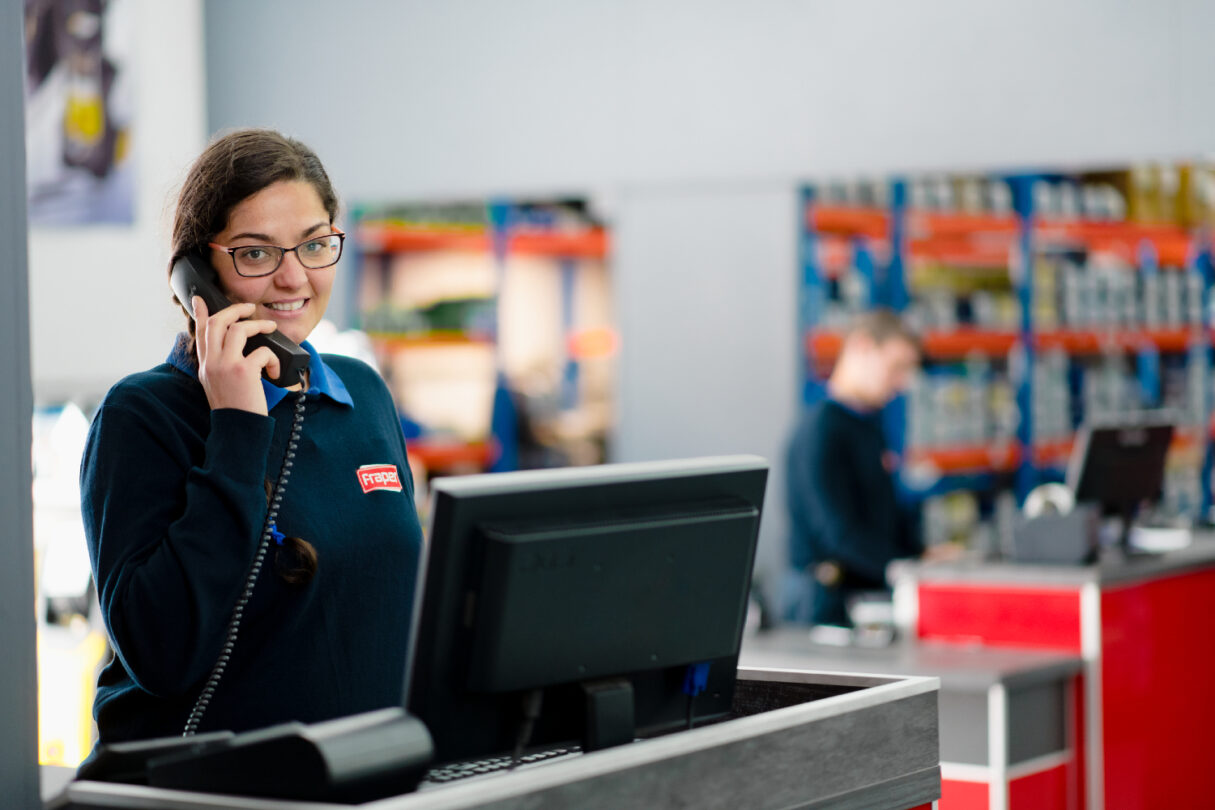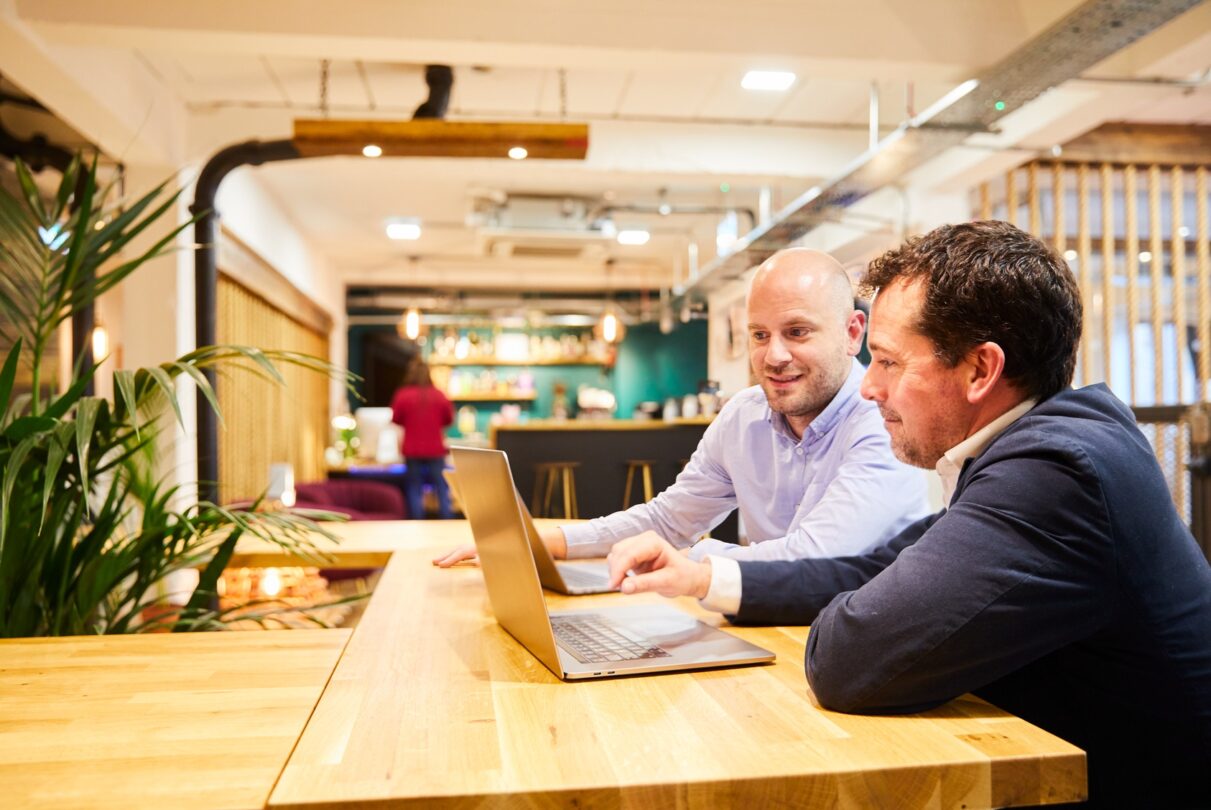3 lessons from businesses that have thrived during the coronavirus pandemic
As coronavirus (COVID-19) continues to take huge bites out of our economy and the world looks very far from going back to normal, most businesses have felt the strain. But amid the economic storm, a few businesses have not only survived but thrived. The reasons for this are myriad. For some companies, success has been […]

As coronavirus (COVID-19) continues to take huge bites out of our economy and the world looks very far from going back to normal, most businesses have felt the strain.
But amid the economic storm, a few businesses have not only survived but thrived.
The reasons for this are myriad.
For some companies, success has been a matter of chance. Right product, right time (we’re looking at you, Zoom and Microsoft Teams).
For others, the pandemic triggered innovation that propelled them into a stronger position than they were in previously.
At Satago, we caught up with three businesses that have continued to grow and succeed despite everything that 2020 has thrown at them to find out what you can learn from their experiences.
Every cloud has a silver lining
Grabyo is a cloud-based video production platform with clients in the media and sports industry.
When coronavirus struck, demand for tools such as Grabyo soared as media companies and broadcasters scrambled to get videos online while locked out of their production studios.
Grabyo’s reaction to the pandemic was to pedal hard.
“We had already planned to implement more remote contribution features to our platform, but this quickly became a priority,” says Grabyo CEO Gareth Capon.
The sports industry has been hit hard by the pandemic with lost revenues from cancelled events and closed stadiums.
To ensure its business didn’t suffer knock-on effects, Grabyo worked closely with clients to help them find digital solutions to make up lost revenue.
“The relationship we have with our clients is collaborative and built on trust,” says Capon.
“As such, we have been able to find solutions and deferred agreements when it comes to cancelled or postponed events.
“We have also seen many customers switch to different services across our portfolio, utilising new tools to keep fans engaged.”
Takeaway lesson
When disaster strikes, be the solution your clients are looking for. Where possible, provide them with flexibility, whether that’s within the services you offer or their payment terms.
Necessity is the mother of invention
Moneypenny answers customer calls and live chats for companies across the UK. When the pandemic hit, its call volume dropped by 50% and it experienced a 300% increase in service cancellation requests.
According to CEO Joanna Swash, the company quickly went into “survival mode” and a Fast Recovery Team was put in place to establish products and services aimed at helping clients through the pandemic.
These included an online health-screening bot for businesses in the hospitality and leisure industries, a new outbound calling service for businesses with furloughed staff and efficiencies that enabled clients to take calls from home, including integration with Microsoft Teams.
At the same time, it launched a national advertising campaign across radio, press, podcasts, outdoor, online and social media.
Recognising the financial difficulties many of its clients found themselves in, Moneypenny provided contract freezes and short term and flexible contracts for clients where necessary.
By the end of July 2020, call volumes had returned to 116% of their pre-lockdown levels and the new clients it gained exceeded the number it lost.
Takeaway lesson
When your clients’ circumstances change, invest in the necessary resources to pivot your business to suit their needs.
Cornering the luxury ‘stay at home’ market
Finnmark Sauna specialises in sauna installations for homes and commercial businesses. When spas and gyms shut down in March 2020, the luxury home health and fitness market boomed.
“People are looking to create their own gym spaces and spa areas as public facilities have shut down,” says the company’s PR manager, Robbie Thompson. “We’ve definitely profited from that.”
Prior to the pandemic, Finnmark Sauna had invested in digital PR to increase its brand visibility, which led to their products being featured on authoritative websites including the Telegraph and Grand Designs magazine.
The business believe this visibility helped to catch the attention of the right audience when the pandemic struck.
“We’ve been able to serve those people by creating slightly more affordable solutions without compromising on quality.” says Thompson.
“We also pivoted a little to service the DIY market by selling materials only bundles and offering advice and guidance to customers with their builds.”
After seeing a huge spike in e-commerce sales, Finnmark Sauna moved to a new warehouse, invested in stock management software and upgraded its website to include multilingual and multi-currency features.
Takeaway lesson
Make the most of your industry’s boom periods by investing in PR that will put your product in front of the right customers.
Tailor your products as necessary to suit emerging audiences.
Final thoughts on what your business can learn
Aside from the blind luck of market trends, what these companies have in common is their customer focus and flexibility.
All three businesses spent time investigating their client’s needs and creating solutions that made their products indispensable to their audience.
That’s the case no matter whether you’re redesigning tech to meet the changing circumstances of your clients or customers, creating more affordable products to serve an emerging market or renegotiating payment terms and contracts.
Managing uncertainty
Get some top tips to help you create business continuity plans that will keep your company moving during uncertain times.






